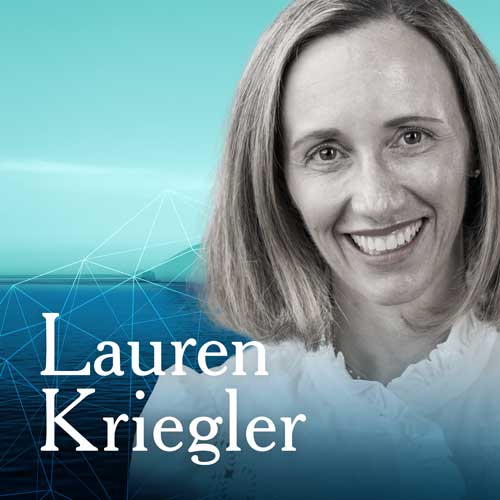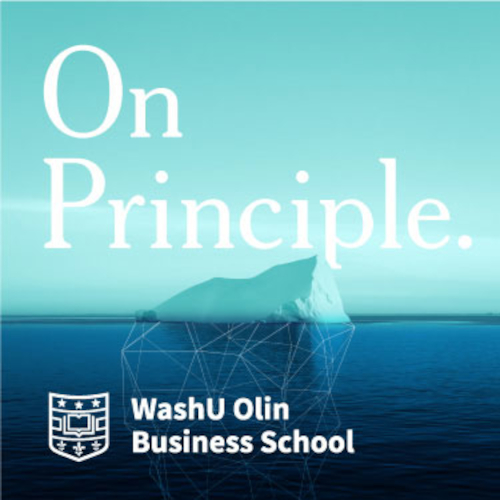On Principle Podcast
Experience the Decisions
On Principle, WashU Olin’s podcast, tells the stories of pivotal business decisions. What led to them? What were the choices? And what lessons can executives, entrepreneurs and other leaders draw from them?
Podcast Filters

Nothing but Volatility: Lauren Kriegler
Season 4
Season 4, Episode 9
April 9, 2024
36-minute listen
